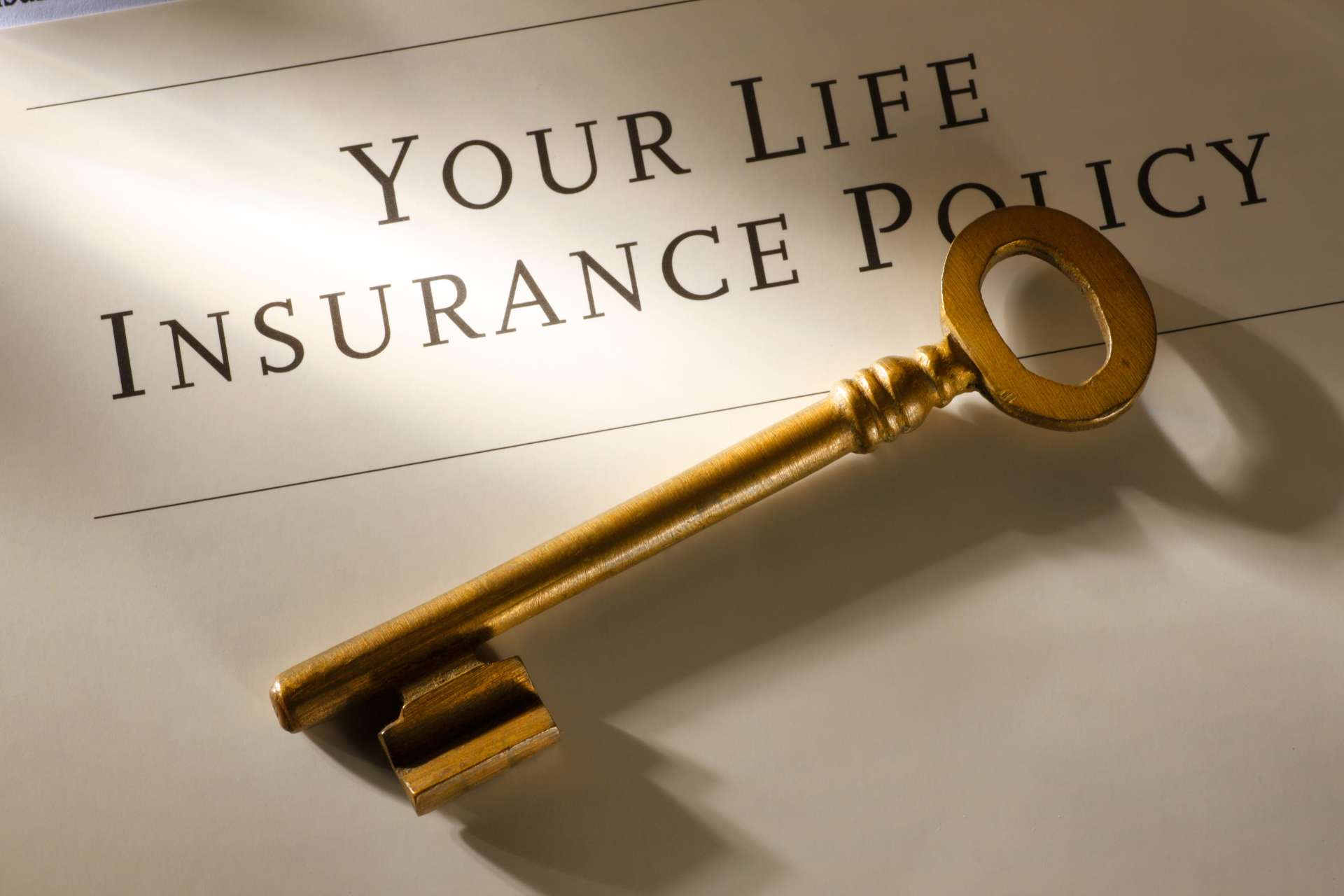How to Stop Procrastinating About Estate Planning
Common Excuses for Not Having an Estate Plan

Age is not a predictor of when you will need an estate plan. Only 16 percent of folks between the ages of 18 and 34 have created a will or trust. You will not be surprised to discover that 81 percent of Americans age 72 and older have such documents as a last will and testament, a power of attorney, a health care proxy and a living will.
You want to make sure that your assets are distributed properly after your lifetime. What about people between the ages of 53 and 71? There's a drop in the number of people who've worked up a formal estate plan: Just 60 percent have. And those in the 34-to-52 age group? Only 36 percent have.
How to get us to start estate planning earlier in life? What's holding people back? Here are some common excuses:
- "I don't have enough assets to warrant drafting a will, and trusts are only for rich people." It's a false belief that estate planning is only helpful for the wealthy. Everyone needs to think about providing for loved ones after he or she is gone, and even those with modest assets often find trusts useful.
- "I have plenty of time before I have to think about this." One of the biggest reasons to procrastinate is that you think you're too young to need an estate plan. Estate planning is not just about giving your stuff away when you die. A more important function is to provide protection for you and your family during your lifetime, especially naming guardians for your children!
- "Estate planning is too expensive." Actually, you could turn this around and say it's less expensive than not having a plan. Think about it — obtaining legal guardianship can be expensive and time-consuming, and can lead to family fights concerning whom the court should appoint.
Guardianship is Crucial
Indeed, guardianship is one of the key reasons for estate planning. You can name a person to be guardian of your young children, virtually eliminating any chance of families fighting over who should care for them. You want to ensure that your children get an education and proper health care, and have all their basic needs met. The bottom line? You and your family will be better protected during your lifetime — and after you die.
You may have discussed and agreed on a guardian for your children — you may even have made your wishes known to your family. But verbal communication itself is not enough. If you fail to express your wishes in a legally binding, written document, you are placing your children in a situation in which every family member has equal priority of guardianship. Often this means your child may end up in foster care.
The state ultimately will decide who raises your children if there is no legal documentation to the contrary. Life is unpredictable. Especially if you have a young, dependent family, you need to overcome your concerns and reasons for procrastinating about estate planning. Meeting with estate planning attorneys for a consultation is a good first step. An estate plan can help you and your loved ones.











Share On: